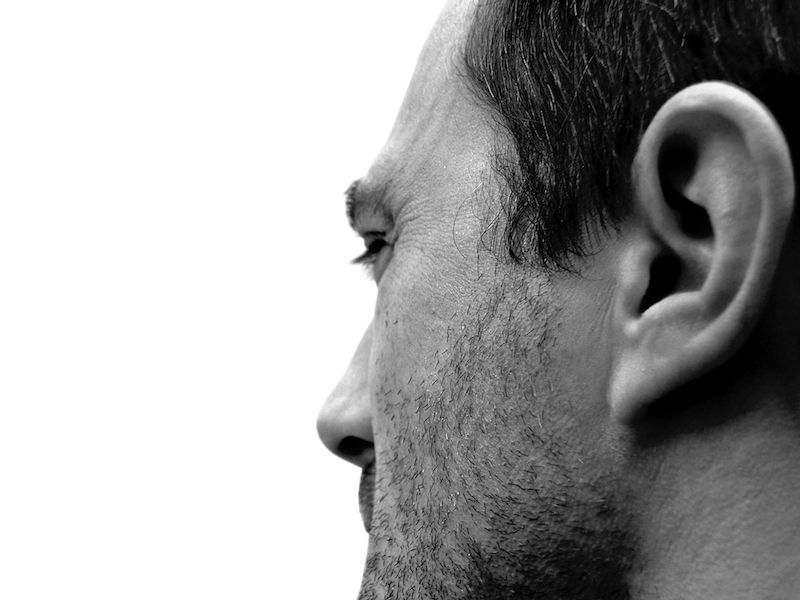
There is an inconsistency in tinnitus symptoms; it appears difficult to identify when and why these sounds occur. Occasionally, it seems like, for no evident reason what so ever, your ears just start to buzz. No matter how long you lie there and think about the reason why you hear this buzzing, you can’t think of any triggers during your day: no noisy music, no screeching fire alarms, nothing that could explain why your tinnitus chose 9 PM to flare up.
So possibly the food you ate might be the answer. We don’t typically think about the link between hearing and food, but there’s a bit of research and evidence to suggest that certain foods can make tinnitus worse. In order to stay away from those foods, it’s important to know what they are.
Some Foods That Trigger Tinnitus
Let’s just cut right to the chase, shall we? You want to identify which foods you should steer clear of so you can be sure you never have to experience one of those food-generated tinnitus attacks again. Here are some foods to stay away from:
Alcohol
At the top of the list of things to stay away from are alcohol and tobacco. Okay, alright, “tobacco” isn’t actually food, but if you want to reduce tinnitus flare up’s (and the severity of those episodes), you’ll steer clear of drinking and smoking as much as possible.
Both tobacco and alcohol products can have a substantial effect on your blood pressure (to say nothing of your general health). The more you indulge, the more likely a tinnitus flare up will be.
Sodium
Your blood pressure is one of the biggest predictors of tinnitus flare ups. Your tinnitus worsens when your blood pressure goes up. That’s the reason sodium should absolutely be on your list of food foods to stay away from. You’ll want to drastically decrease your sodium consumption whether you use salt on everything or you just love to eat french fries.
There are many foods that are surprisingly high in sodium, too, including ice cream (which you don’t commonly think of as tasting particularly salty). But to prevent any sudden tinnitus episodes you will want to keep your eye on sodium content.
Fast Food
If you’re avoiding sodium, it should come as no shock that you should also be avoiding fast food. Even fast food places that claim to be a more healthy option serve food that is extremely high in fat and sodium. And, once again, that’s going to have a substantial influence on your blood pressure and, therefore, your tinnitus. Fast food restaurants also usually serve shockingly huge beverages, and those beverages are very high in sugar. Yes you guessed it, sugar is next on this list.
Sweets And Sugars
We all love candy. Well, most of us love candy. There is a very small percentage of the populace that would actually prefer vegetables. We try not to pass judgment.
Unfortunately, sugar can really throw off the equilibrium of glucose in your body. And as you’re trying to get to sleep at night, a little disruption to that balance can mean lots of tossing and turning. In the quiet of the night, as you lie there awake, it becomes much easier to start to hear that ringing.
Caffeine
So, we saved caffeine for last because, well, it’s a tough one. This is the one we’re least happy about having to give up. But your sleep cycle can be dramatically affected if you drink any kind of caffeine later in the day. And your tinnitus is more likely to appear if you aren’t getting quality sleep.
It’s actually the lack of sleep, not the caffeine that’s the issue. Have your coffee or tea in the morning, and switch to a non-caffeinated beverage before dinner.
Discover What Works Best For You
This list is certainly not comprehensive. You’ll want to speak with your hearing professional about any dietary adjustments you may need to make. And it’s worth bearing in mind that everybody will be impacted in their own way by dietary modifications, so in order to keep track of what works and what doesn’t, it might be a good idea to keep a food journal.
Going ahead you will have an easier time making smart decisions if you understand how some foods affect you. When you start to track what you eat, and what happens to your ears subsequently, you may begin to detect patterns, and that can take some of the mystery out of your tinnitus symptoms.
If you have that evening of coffee, at least you know what you’re in for.
